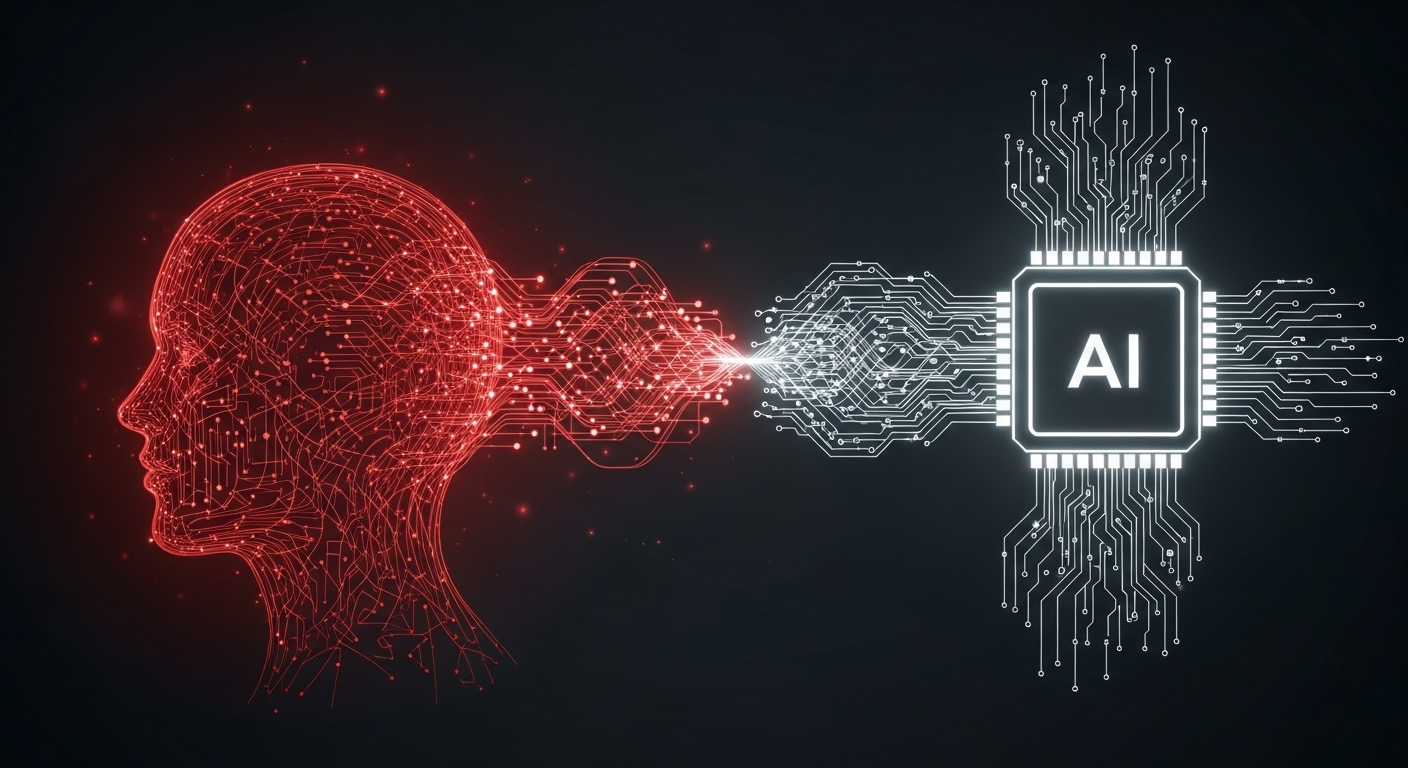Redefining Productivity Through Emotional Intelligence, Cultural Synergy, and Strategic Innovation
Egypt’s labor market is undergoing a silent transformation. As Artificial Intelligence (AI) becomes embedded in daily workflows, the narrative must shift from automation anxiety to augmented intelligence. At BAST, we believe AI is not here to replace humans—it’s here to empower them. This article explores how Egypt can lead the region in human-AI collaboration by aligning technology with cultural depth, emotional nuance, and strategic infrastructure.
Beyond Automation: Why Egypt Needs a Collaborative Work Renaissance
For years, discussions around AI in the workplace have centered on job displacement and efficiency. But Egypt’s unique demographic—youthful, multilingual, and emotionally intelligent—demands a different lens. The future of work here is not about machines taking over; it’s about humans and AI working side by side. This paradigm shift requires tools that understand Egyptian dialects, workflows that respect cultural rhythms, and platforms that amplify—not override—human judgment.
Core Challenges in Egypt’s Workforce Evolution:
- Limited AI literacy across industries and education systems
- Centralized job opportunities that exclude rural talent
- Workflows designed for efficiency, not emotional or cultural nuance
- Lack of regionally trained AI models that reflect Egyptian values
AI as a Partner: Emotional Intelligence, Inclusion, and Cultural Fluency
AI can transform Egypt’s workforce into a dynamic, emotionally intelligent ecosystem. Platforms powered by Natural Language Processing (NLP) can understand tone, dialect, and context—essential in a country where communication is layered with humor, respect, and relational depth. This isn’t just about productivity—it’s about preserving humanity in the age of intelligence.
Key Capabilities of AI in the Workplace:
- Emotion-aware interfaces that adapt to tone and relational cues
- Arabic NLP engines trained on Egyptian dialects and cultural references
- Predictive analytics for workforce planning and talent development
- Voice-enabled tools for inclusive collaboration across literacy levels
Empowering Professionals: AI as a Strategic Co-Pilot
Employees are not just task executors—they’re storytellers, negotiators, and innovators. AI should enhance their capabilities, not diminish them. Intelligent assistants can automate repetitive tasks, recommend strategic actions, and support emotional wellness. In sectors like education, healthcare, and public service, AI can extend human reach while preserving empathy and trust.
AI Tools That Support Professionals:
- Automated scheduling, reporting, and performance dashboards
- AI-curated training platforms for continuous skill development
- Multilingual assistants for inclusive client and team communication
Policy, Infrastructure, and Strategic Alignment
To scale human-AI collaboration, Egypt must invest in enabling environments. This includes embedding AI literacy in national curricula, funding Arabic-first AI platforms, and establishing ethical governance for workplace data. Public-private partnerships can accelerate adoption, while regional collaboration ensures scalability and cultural relevance. At BAST, we advocate for a future where AI is not imported—it’s invented, locally and authentically.
Strategic Imperatives for Policymakers:
- AI literacy programs for students, professionals, and public servants
- Funding for Egyptian-led AI startups and platforms
- Ethical frameworks for workplace data privacy and algorithmic transparency
- Cross-sector collaboration to harmonize AI standards and deployment
Case Studies: Regional Momentum in Action
Egypt is already taking steps toward a collaborative future. The Digital Transformation Strategy includes AI integration across government services and public education. Startups in Cairo and Alexandria are building AI tools tailored to local dialects and business needs. Meanwhile, RUTI—BAST’s flagship SuperApp—is pioneering emotionally intelligent interfaces that understand Egyptian tone, slang, and workflow dynamics. These examples show that transformation is not theoretical—it’s underway.
Examples of Human-AI Collaboration in Egypt:
- Government: AI-powered citizen services and digital infrastructure
- Startups: Arabic NLP platforms for business and education
- BAST: RUTI SuperApp enabling emotionally intelligent collaboration
Final Thoughts: Egypt’s Workforce Is Ready to Lead
Human-AI collaboration is not just about technology—it’s about trust, identity, and vision. Egypt has the talent, the culture, and the resilience to lead this transformation. By investing in intelligent, inclusive, and emotionally aware systems, Egypt can redefine work—not as a series of tasks, but as a space for creativity, connection, and growth. At BAST, we see AI as a mirror—not a master—of human potential.
We’d love to hear your insight:
How do you envision AI transforming your workplace or industry? Share your thoughts and help us co-author the future of work in Egypt.

Thank You!
Your review has been submitted and is awaiting approval.